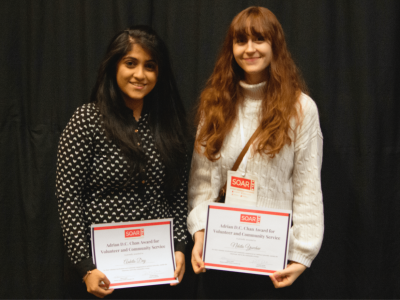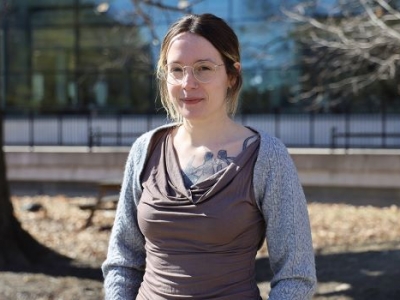Editor’s note: It seems kind of appropriate that a story about procrastination has taken over a year to write.
It was about a year ago that Dr. Timothy Pychyl from the psychology department first mentioned an intriguing procrastination study by one of his students – PhD candidate Mohsen Haghbin.
Based on the research data, Haghbin says that more than 50 per cent of undergraduate students report procrastination behaviour and around 20 per cent suffer from chronic procrastination.
In order to develop an effective intervention program for these individuals, Haghbin realized that existing measures of procrastination were problematic as they don’t differentiate procrastination from other forms of delay and do not measure procrastination in various contexts.
“Many people, including researchers and scholars, mistakenly call different forms of delays “procrastination”,” points out Haghbin. “Some people may delay a task because they have a lot of things to do; some may delay because of poor time management; some may not care about the tasks and prefer to do fun activities instead; and so on. People also may delay in one context but not procrastinate in other settings.”
So he decided to focus his thesis research on a way to measure procrastination accurately.
Among other things, Haghbin has found that most of us procrastinate on health-related tasks such as eating healthy and exercising. His study has developed a measure of health-related procrastination for the first time and differentiated it from adherence to a prescribed health-related task.
He is also developing a set of measures that can be used in academic settings.
Haghbin says his interest in the topic of procrastination began when he was a student and then a teacher and counsellor. “In Iran, I was helping students to prepare for big university entrance examinations. The stakes are high as the dreams of many students are shattered if their performance on this examination is poor. I saw how many students suffer from procrastination, how they despise themselves for not studying and how they blame themselves or were angry with themselves. The seeds of my interest in finding a successful intervention for this condition were planted then.”
Haghbin says Dr. Pychyl has been a wonderful adviser. “He is knowledgeable, practical and positive. In the area of procrastination research, he is a well-known international figure. I am lucky to find him at Carleton University. As well, the administrative team in the psychology department is very friendly and helpful.”
Friday, June 22, 2012 in Grad Student Research, News
Share: Twitter, Facebook




